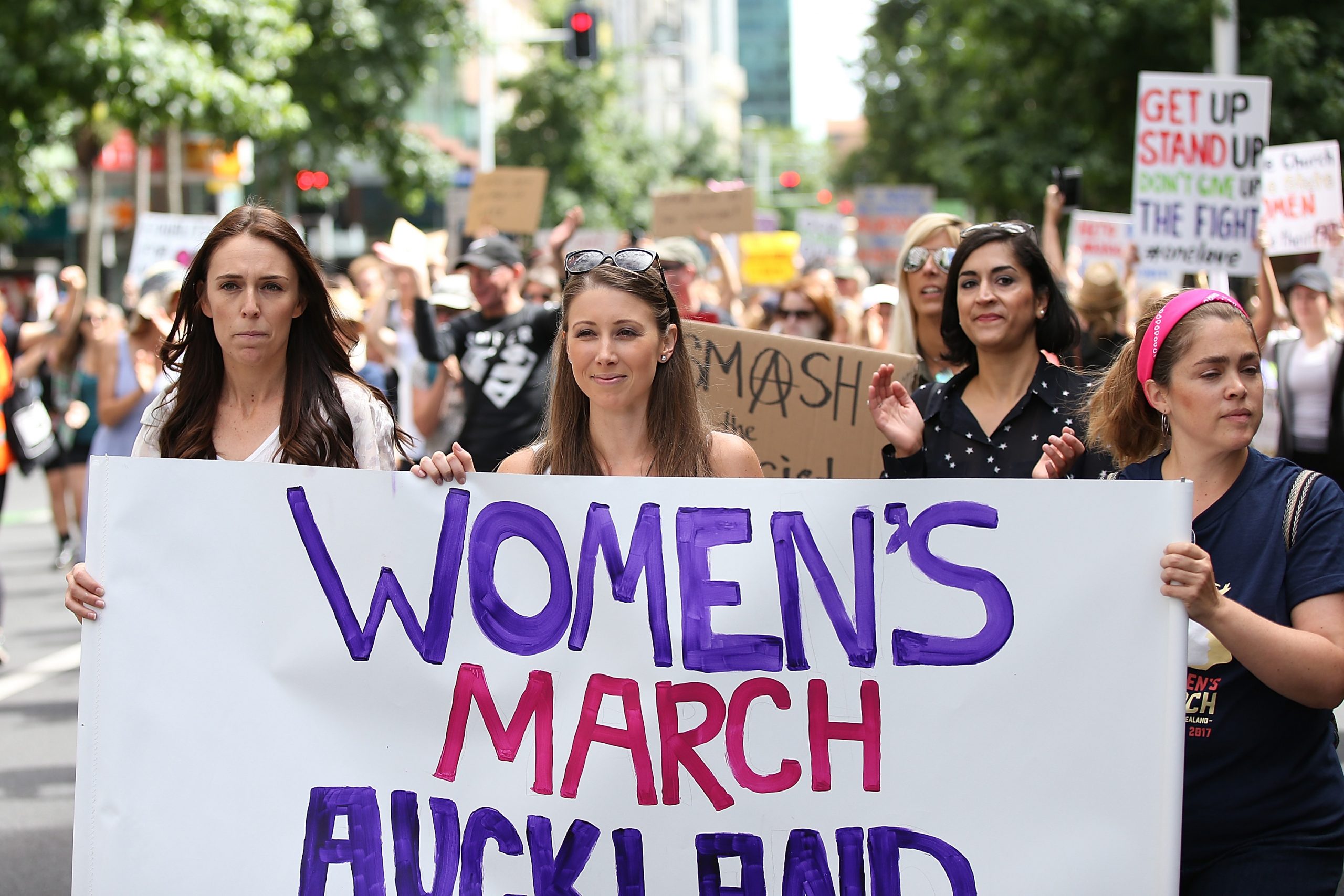
Sarabeth Queale had been miscarrying for three weeks when she asked her supervisor in the US military for time off. At eight weeks’ gestation, it was unusual for her employers to be aware of her pregnancy, but after she had been forced to work through a previous miscarriage because she hadn’t filed the correct paperwork, she’d made sure her documents were in order as soon as she found out she was pregnant. “Everybody in my command was aware that I was pregnant, and they were also aware that it was a threatened miscarriage,” she said.
This time, her body didn’t reject the eight-week pregnancy as easily as it had six months earlier, and she needed misoprostol, a drug that would induce labour-like contractions to help her uterus expel what was left of her womb lining, her placenta and her foetus.
“I told my supervisor that I was going to do that in the afternoon. They said, ‘well, that really cuts into your work time. Can you push it off until you get out of work?’”
This isn’t an unusual situation for US employees going through a pregnancy loss. I’ve heard from women who were given the morning off for surgery to remove their unborn baby from their uterus, but told they would need to catch up on work in the afternoon; a teacher received angry emails as she sat on the toilet, bleeding heavily.
Those sorts of experiences are why new rules, announced at the end of March by New Zealand, that give grieving couples three days’ bereavement leave after a miscarriage of up to 20 weeks’ gestation have been widely lauded by international campaigners, who say pregnancy loss should be treated as what it, in many cases, is: the loss of a child. The question now, though, is whether the legislation goes far enough?
New Zealand isn’t the first country to introduce leave after a pregnancy loss: India’s policy gives those who experience a miscarriage six weeks of fully paid leave, while the Philippines gives 60 days. In the UK, women aren’t expressly granted leave, but can be signed off by their GP after a loss before 24 weeks, while sickness because of pregnancy is recorded separately to ordinary sick leave. On a federal level in the US, there isn’t much in the way of legislation available unless the loss “substantially limit[s] a major life activity”, although last month lawmakers in Washington, DC passed plans to give state employees two weeks’ bereavement leave if they lose a child.
One in four pregnancies are thought to end in miscarriage, according to baby loss charity Tommy’s, although so many go unreported that the figure may be higher. It is physically and emotionally gruelling: at ten weeks, a person might experience excruciating contractions some describe as a “mini-labour”, while after 16 weeks it’s likely they will need to be admitted to a maternity ward, where they will be coached through full-blown labour by a midwife. After a miscarriage at any stage, most people will bleed for weeks. After a loss at 16 weeks, they will also lactate – a cruel trick by a body attempting to nourish its lost child.
Clearly, three days isn’t enough for a woman experiencing that much physical trauma, let alone the emotional repercussions, says Julia Bueno, a psychotherapist and counsellor who specialises in miscarriage and infertility, and the author of The Brink of Being: Talking About Miscarriage. “It’s not unusual for me to work with a woman who takes six weeks off and then has a phased return after an early miscarriage,” she said, although she adds that responses vary. “For some, it might well be just three days.”
One of the reasons the New Zealand legislation has been so celebrated is that it brings pregnancy loss into line with other forms of bereavement entitlement: employees are given three days’ leave after the loss of any close family member, from a parent to a child to a spouse. But the difference with pregnancy loss is the physical aspect, said Vicki Culling, a New Zealand-based baby loss educator – which is why three days is not enough.
Relatedly, there’s a possibility that the legal requirement of three days’ leave may reduce the flexibility previously offered by some employers. Culling fears that some companies could demand women take any additional time as part of their annual leave: “I would hate to think that that would happen, but there’s always the possibility that [employers] will use the legislation as a template.”
Another major weakness in the New Zealand legislation, said Culling, is that it doesn’t cover abortions, which can also be a painful and emotionally gruelling experience – and means those undergoing termination for medical reasons are also not covered. “No one makes that decision lightly, whether the child has a terminal condition or not.”
In recent years the taboo around miscarriage has slowly started to be broken down – thanks, in part, to celebrities like Meghan Markle who have been candid about their experiences. Yet the conversation needs to continue, said Culling. “I hope it’s the start of, not the finish of, a discussion.”
[See also: How Covid-19 led to a crisis in maternity care]
Emma Haslett is the co-host of the Big Fat Negative podcast and author of an upcoming book on the trials of trying for a baby.



